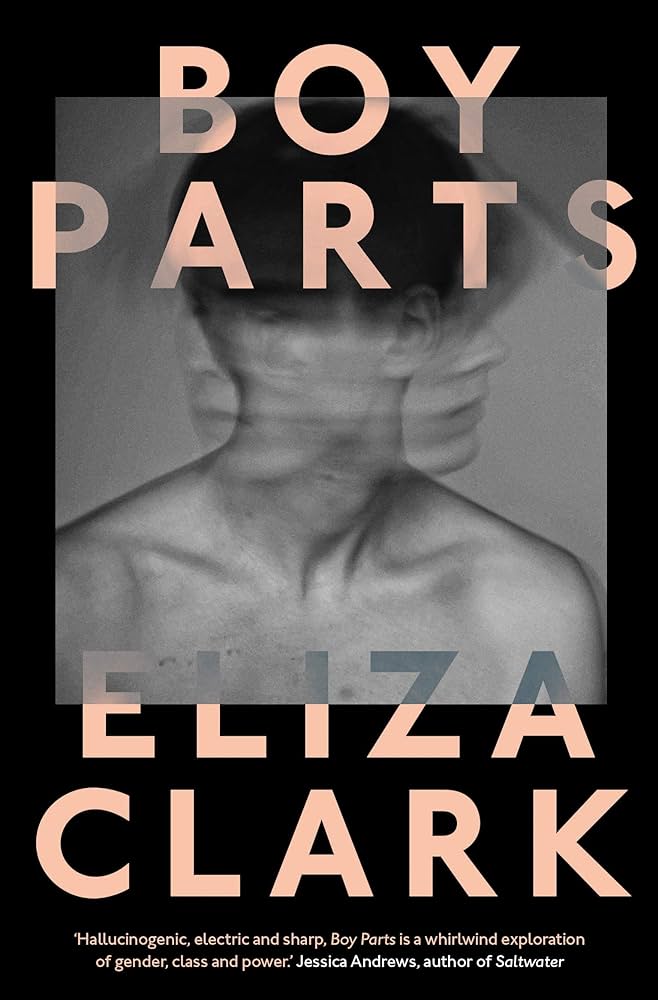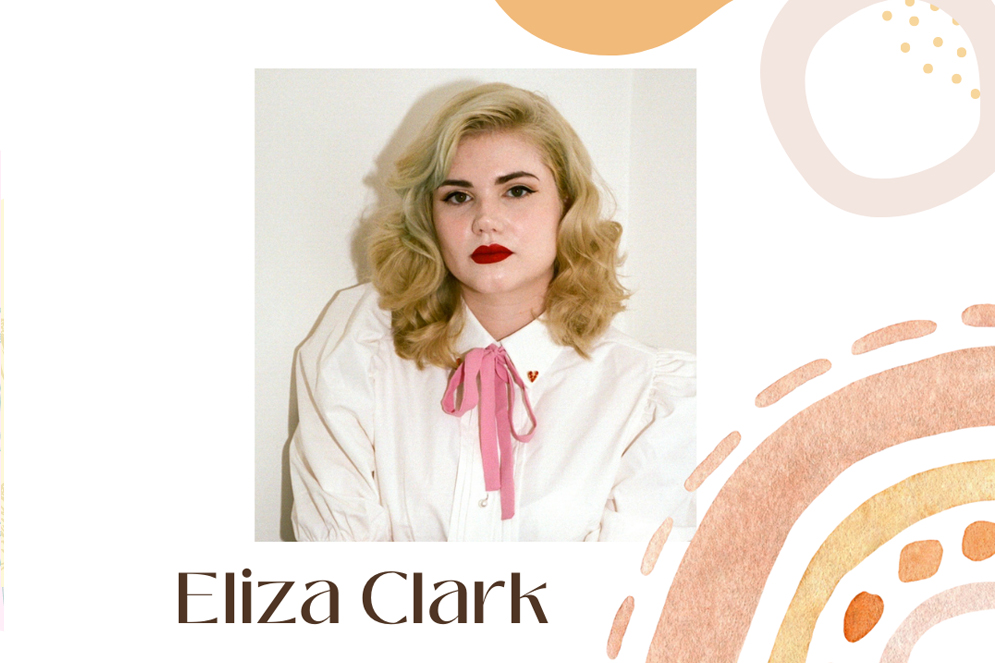To celebrate 100 years of Good Housekeeping magazine, we’ve launched the Women’s Prize x Good Housekeeping Futures Award.
A panel of judges have been tasked with finding the most promising female authors under the age of 35 and under who are exciting, boundary-changing, and inspirational.
Eliza Clark has been selected as one of the 10 Women’s Prize x Good Housekeeping Futures authors. Here we talk to her about her motivations and paying it forward…
Tell us about the inspiration behind your most recent novel?
Boy Parts is inspired by photography theory, films and aspects of my own life. I did an art degree and found I was more interested in the writing around the art than the art itself. After watching a lot of horror films growing up, I became interested in the treatment of extreme violence as another mode of story telling. I wondered why, as a culture we ascribe so much power to fictional depictions of things that happen to real people every single day. Real and fictional depictions of sexual and violent imagery became something I spent a lot of time reading, writing and thinking about.
I was also very much informed by my experiences of discomfort in the hyper-middle-class environment of a London art school; leaving art school, returning to my hometown of Newcastle Upon Tyne and working in retail like “Now what?” and feeling demeaned, frustrated and unfulfilled.

Tell us about your journey to publication.
In 2017 I was working in an Apple Store in Newcastle, desperate for any job that wasn’t customer facing, I really wanted to work in the arts and applied to New Writing North. They offered me funding from their Young Writer’s Talent Fund. Matt Wesolowski became my mentor, reading through my work and providing feedback. It was creatively fulfilling and helped me develop as a writer, as well as being a huge confidence boost. Boy Parts started as a short story and I started developing it into a novel with Matt’s help.
In 2019 I started submitting my manuscript to agents but didn’t get very far. I was working for Mslexia and hosting ‘pitching’ events, where subscribers could ask writers, literary agents or small presses for advice and feedback. Influx press were part of the first indie ‘pitch-a-thon’. I was very professional and didn’t pitch my own manuscript but Influx outlined specifically what they were looking for and it did sound they were looking for Boy Parts, so I logged into a sock-puppet account and pitched my book, and they asked for it. An awkward and apologetic email exchange followed and I sent the first three chapters, and signed with them three weeks later! Boy Parts came out in 2020 and has just been optioned for TV. I’m now signed with Faber and Faber for the next two books.
What motivates you as an author?
I always used to get singled out by teachers whenever we did creative writing stuff in school, even from being five or six years old. They’d give me spare exercise books to write in, and I was always encouraged to write my own stories outside of school. I think because of that encouragement and being singled out as being particularly good at writing – I always used to say I wanted to be a writer. I suppose it’s just quite innate for me. I’ve always told stories and I’m not much good at anything else.
What do you think you’d be if you weren’t a writer?
I still have a day job! So I suppose I’d be working full-time in comms for an arts charity rather than part-time in comms for an arts charity.
WP X GH Futures is about celebrating the female voices of the future – what do you hope to have achieved as a writer in ten years’ time?
Because I was helped so much by New Writing North, I’d really like to be able to pay that forward; I’d love to do some mentoring myself, and to be able to create a pot of money to fund one-to-one mentoring for young writers from marginalised backgrounds. Being able to do all of this as young as I have has made such a huge difference to my quality of life. I would love to be able to help more young people who were as aimless as I was find their feet in the industry early, through training and mentorship.



